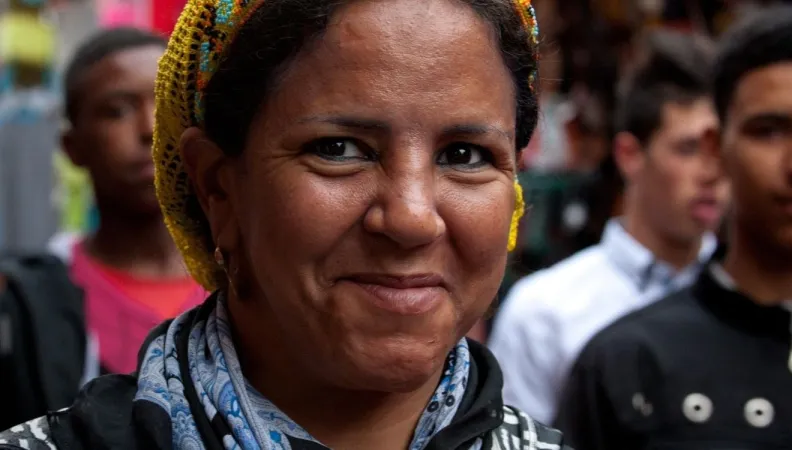Share the page
Morocco: Equality and Gender Responsive Budgeting
Published on

How to implement gender-equitable public policies? In Morocco, an innovative approach – gender-responsive budgeting – is making issues of equality concrete and quantifiable.
In the Kingdom of Morocco, gender equality has been enshrined in the Constitution since 2011. Article 19 states that “Men and women enjoy equal civil, political, economic, social, cultural and environmental rights and freedoms.” Far from being an abstract notion, it has become a guideline in the budget development process, through gender-responsive budgeting (GRB). The approach involves allocating resources to budget programs that aim to reduce gender inequality, and combining them with detailed impact indicators.
It all started in the early 2000s when the country began to consider the reforms needed to promote women’s empowerment. At the same time, Morocco introduced a project to modernize its budgetary systems to improve the performance of public action. The two came together to create
Gender-responsive budgeting.
A new structure was created in 2013 with support from UN Women. “Morocco's Center of Excellence for Gender-Responsive Budgeting (CE-BSG) is attached to the Ministry of Economy, Finance and Administration Reform and is a platform responsible for managing the implementation of GRB, capitalizing on knowledge about this approach and disseminating its methodology at the various institutional levels,” says Hajar Ben Ameur, a member of CE-BSG responsible for monitoring budget performance and GRB at the ministry.
The equality objective as a budgetary rule
A “Gender Budget Report” on the evaluation of public policies with regard to the principles of gender equality is now published every year. “It is a key deliverable in the GRB process: it summarizes the commitments to equality made by ministries and provides Parliament with information allowing it to play its role as an oversight body,” says Sacha Belle-Clot, an assistant of the program at UN Women Morocco.
In 2018, AFD became one of the donors of the GRB initiative, together with the European Union, which started supporting the GRB mechanism a year earlier. This support initially took the form of a €100 million loan to the Kingdom of Morocco: “The [loan’s] public policy matrix…has indicators that cover seven ministerial departments. The disbursement of the four tranches of the loan is conditional on their achievement,” says Benjamin Danbakli, a project officer for AFD in Morocco. A €1 million grant has also been allocated to UN Women to help various key institutions take ownership of GRB.
A long-term reform
With support from the Center of Excellence, it now aims to familiarize more stakeholders with the GRB approach, including government officials, local public policy operators and elected officials. The Gender Budget Report is also intended to be a tool for discussions on voting finance laws. “The document has been made clearer and we are working with the Thematic Working Group on Parity and Equality,” says the UN’s Sacha Belle-Clot. The Group “includes members of both chambers so that parliamentarians use it and make it a means of control and accountability for public action.”
Meanwhile, alongside Rwanda, Albania and Austria, for example, Morocco is a pioneering country in the implementation of the GRB approach. While the impact may vary across the focus areas, Hajar Ben Ameur is pleased with the progress so far: “There are subjects that are no longer contested in the design of public policies like providing financial support to families in rural areas so that they don’t take their daughters out of school, or investing in maternal health issues and promoting sports activities for girls and women.” It is now necessary to stay on course for a fundamental transformation, says Ben Ameur. “GRB is a long-term reform which requires time and resources to be deployed and show all its effects.”
The content of this publication is the sole responsibility of AFD and does not necessarily reflect the opinions of the European Union.
